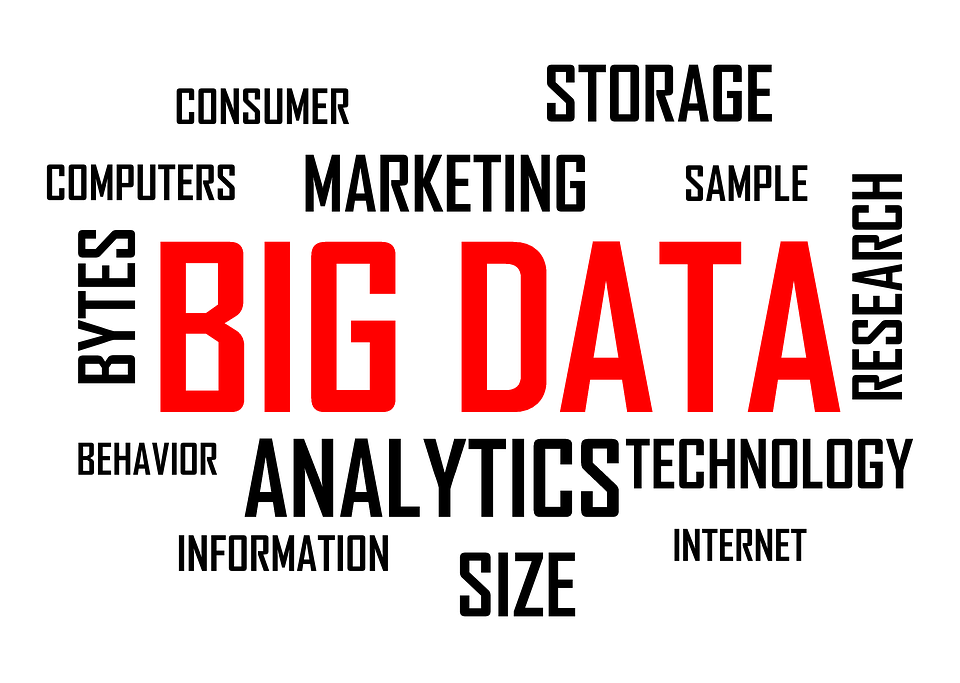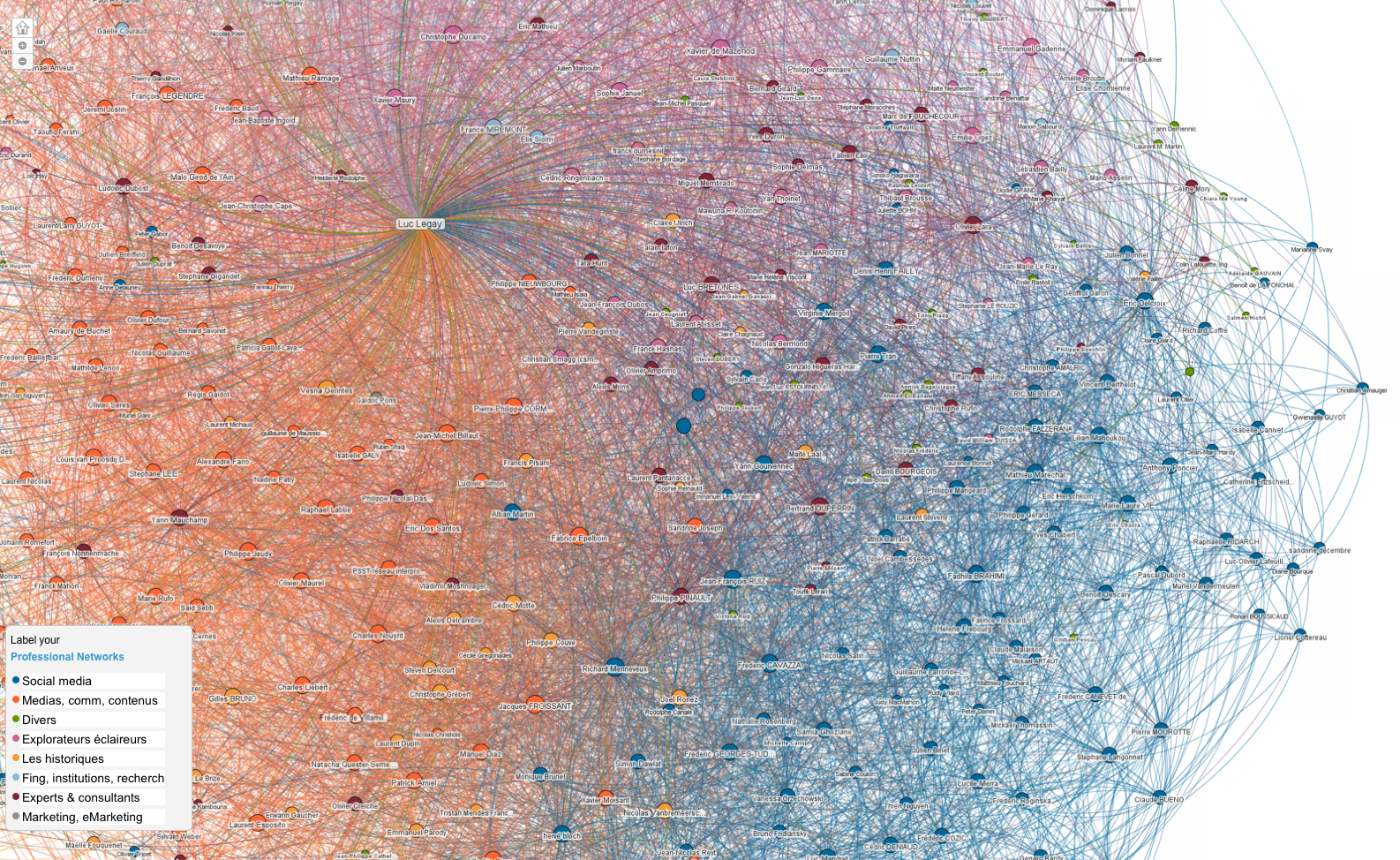
Big Data. It’s going to change everything in engineering.

Now that we’ve gotten some hyperbole out of the way, let’s take a look at how that might actually be the case.
As engineers, we are increasingly designing sensors and other smart communication technologies into our products. If we’re honest with ourselves, there are very few modern consumer products that aren’t “smart” in some way. And if the products we’re creating aren’t designed to be smart, then these sensors come into play in manufacturing and prototyping.
All this connectivity is only expected to grow. Some estimate that by 2020, there will be 50 billion devices connected to the internet. Everything is going to be monitored. Ignoring how that makes you feel as an individual, it’s going to mean big new capabilities for engineers.
In an industry that sees constant innovation, we likely realize that Big data and the Internet of Things isgoing to have an effect on how we work… but how?
First off, it will leave us better-informed.
We often fall into the trap of designing products for ourselves. One of the biggest challenges as a design engineer is anticipating how the customer/consumer will use your design. Big Data is going to put this information at your fingertips if it hasn’t already.
We’re not just talking about usage data here either, we’re talking about force measurements, load cases, all the data you could dream of might be available to you sooner than you think.
Thomas A. Gill of CIMdata says that “A new generation of smart products will provide design engineering with practical information on how products are used in the field.”
Smart technologies right now are all consumer-based, giving the consumer more control as well as giving the creator some insight to usage. With the growth of sensor technology along with IoT, implementing force sensors, temperature sensors, etc. will all become feasible at low cost. There’s great potential upside to having all this data and little potential downside to simply fitting your designs with sensors.
All this big data collection coupled with machine learning and smart algorithms will lead to better-informed designs. I’d argue, designs that are closer to a fully optimized state.

A Look at a Complex Data Map of LinkedIn’s Network [Source: Luc Legay]
Next, big data will empower our engineering.
As an engineer, how do you feel about marketing? You might be doing a bit more of that with big data – and that isn’t a bad thing. “A tremendous amount of data will be collected from connected devices and this can be transformed into consumable information assets,” says Oleg Shilovitsky an expert in PLM.
All this new data about everything you’ve designed will be available to you. This means that as the engineer, we’re going to have the ability to make meaningful design changes without having to get feedback from the marketing department or wrap our brains around results of a consumer study. Near real-time feedback about our designs will be available to us.
As we engineer and re-engineer our designs, we’ll be empowered to make decisions we’ve never really had the chance to before. Simply because there’s more data to back up our choices.
Lastly, big data will lead to faster product cycle times.
As we get more and more data about our designs, it only makes the redesign process more accelerated and more valuable. The corporate channels many of us have to work through to get a design approved will be streamlined, all because there’s going to be cold hard data to back up each design choice. We won’t need focus groups to convince approval chains of proper ergonomics, we can utilize big data to influence our design’s impact.
“Cloud computing will enable new approaches for concurrent CAD design and system engineering principles combining mechanical, electrical, and software in product development,” says CIMdata.
This drives the point home even further. Not only will redesigns streamline approval, but with cloud computing and data storage, all of our engineering teams will be able to work together on the same task with minimal intrusion. Big data in this sense will decrease our downtime and maximize our value to our employer. Perhaps one of the biggest reasons that adopting Big Data early can spell success in the engineering industry on a personal level.
Big data will impact us. It already is. As machine learning and generative algorithms get better, we’ll start seeing big data being implemented into our CAD tools even further.
While Big Data, IoT, Cloud Computing all might sound like modern tech buzz words – and they are – they’re also massive applicable drivers to our everyday jobs as engineers. They shouldn’t be ignored.


